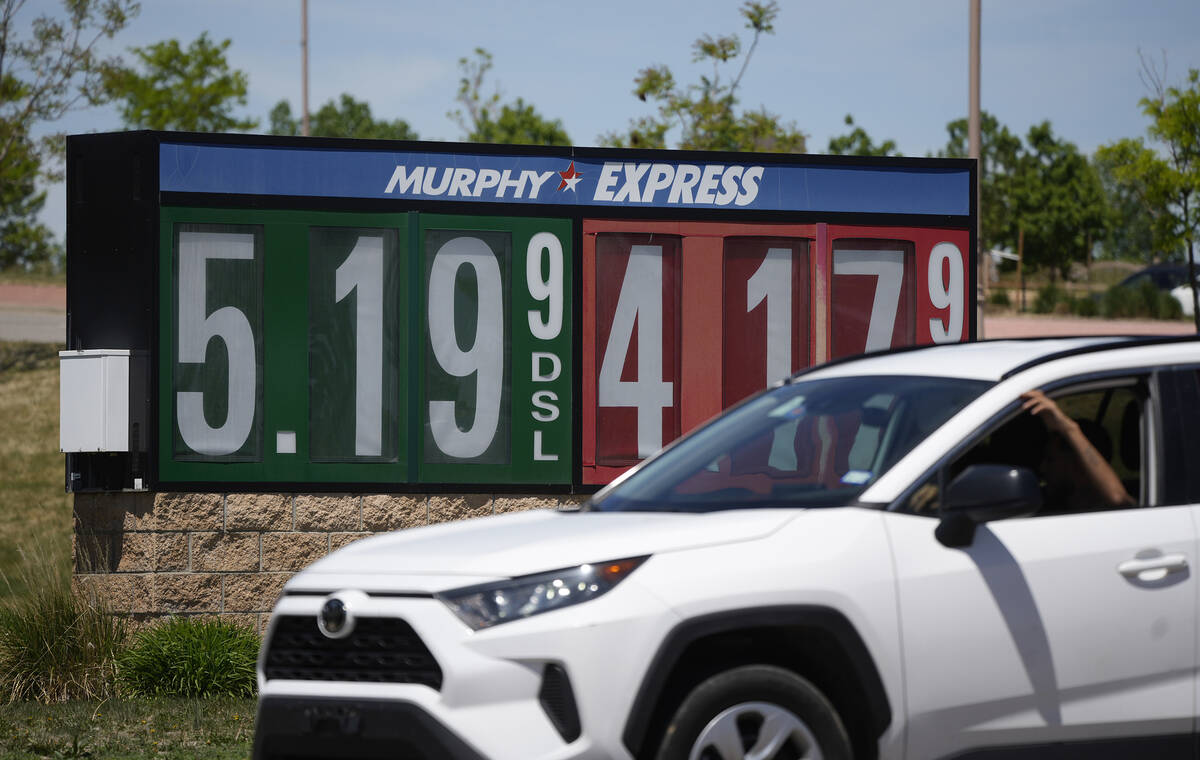California’s progressive elites remain wedded to the fantastical notion that they are exempt from basic laws of economics. Nevada drivers beware.
The Golden State currently suffers the highest gasoline prices in the nation. The average gallon costs $4.82, according to the American Automobile Association. Blame policies pushed by the Democrats who run the state.
The folks in Sacramento have imposed the biggest gasoline tax in the nation on their constituents, adding 80 cents to the cost of every gallon sold. They have also inflated costs by mandating a special blend of gasoline intended to reduce pollution. At the same time, the state has become openly hostile to the oil industry. Over the past 40 years, Patrick De Haan of GasBuddy told CNBC last month, California has lost 66 percent of its refineries — and the progressives in charge have no interest in replacing that capacity.
This toxic brew results in sky-high prices at the pump. Not content with the mess they’ve created, California Democrats profess no role in the state’s predicament and embrace the maxim that tackling the consequences of their previous interventions requires more central planning.
In that spirit, Gov. Gavin Newsom last year signed into a law a bill creating something called the Division of Petroleum Market Oversight. It’s supposed improve transparency in the oil industry by empowering state agents to monitor the marketplace for “price-gouging.” Its cadre of bureaucrats should first set their sights on Sacramento, but don’t count on it.
The law lays the groundwork for price controls on refineries and penalties if the California Energy Commission determines that evil capitalists are making “excessive profits” off of consumers. The bill also “prohibits commissioners from setting a penalty if they find that it will have adverse consequences on Californians and increase gas prices,” the Los Angeles Times reported, but what are the odds that preening functionaries will ever reach such a conclusion?
In fact, the legislation is a recipe for pushing prices further skyward. “The long run game of this is, if you disincentivize refineries from refining, you’re going to end up with lower supply,” Mr. De Haan told the Review-Journal.
The spillover effect would hit Nevada, which gets about 80 percent of its gasoline from California refineries and has few other reasonable options. Mr. De Haan estimates that if California refineries begin producing less product in the future, squeezing supply, prices here could exceed $5 a gallon.
It remains to be seen how California regulators enforce the new edict. But Nevadans probably will pay because, unfortunately, awful ideas that happen in California — and there are many — rarely stay in California.

